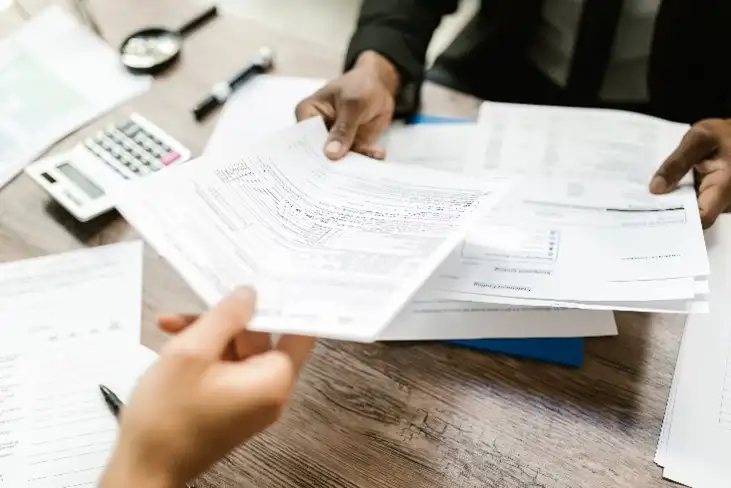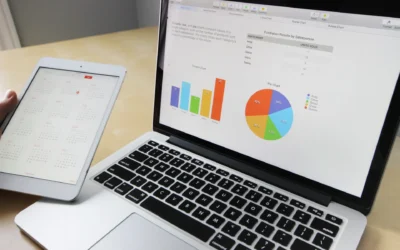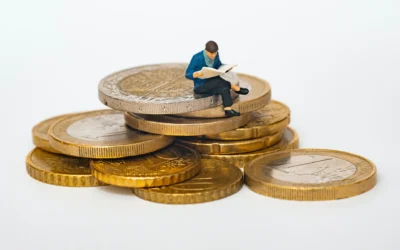Many might not know they must pay federal government taxes whenever an individual wins the Powerball jackpot. Thus, the money they get in the end is much less than what had been advertised earlier.
On February 6, the approximate Powerball lottery figure reached $755 million, won by a lucky individual who had recently bought a single ticket in Washington. According to experts, it was the fifth-greatest Powerball lottery jackpot. Here’s all you need to know about the Powerball lottery jackpot and its taxes.
$2.04 Billion Powerball Lottery Jackpot Winner Identified
Since November, there had been not a single Powerball lottery winner. However, that changed when a fortunate individual (Edwin Castro) bought a single ticket in Altadena, California, and won a World Record of $2.04 billion. Not only did this individual win the greatest jackpot in the history of Powerball, but they were said to have won the greatest jackpot in the lottery history of the U.S, that too with a ticket bought at the local gas station.
In a press conference, Edwin Castro expressed great shock at winning the World Record Powerball jackpot and said he would fund the California public education system. In California, the information is revealed to the public when an individual wins the Powerball lottery jackpot. This way, everyone knows who won, where they bought the ticket, etc.
It had only been a few days when another news of a Kansas City ticket holder came, and they had been declared to have won $92.9 million in the Powerball lottery jackpot. Regardless of these huge figures, the individuals will not get what has been advertised so grandly. The reality is that the winners will end up taking much less than what they had been promised.
Even though the probability of winning the World Record Powerball jackpot was near impossible but despite that, there were seven instances of winning in 2022. Thus, many people have been curious about the figure after taxes.
All About the Powerball Payment
For an individual who wins the Powerball jackpot or any other lottery prize, there are two options that they can choose from. Either they can get their payment as an annuity. It will then be paid to them in thirty payments over twenty-nine years. The other option, however, is the most opted, which is an accumulated payment amount.
Some taxes will be deducted in both cases as the federal government will take its share. This typically depends on the winner’s state, the option they choose, and the tax rate. Since many states don’t do lottery winnings, individuals need to be extremely smart with their winning tickets and approach the right person to help them.
Final Verdict
If you end up winning the Powerball jackpot or one of the lottery tickets you have purchased, keep the ticket securely with you. Then, approach someone experienced as a financial advisor who can work with you and guide you regarding the procedure to get your money with the relevant tax deductions.




